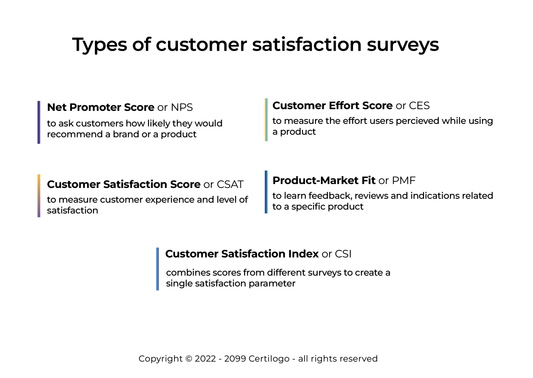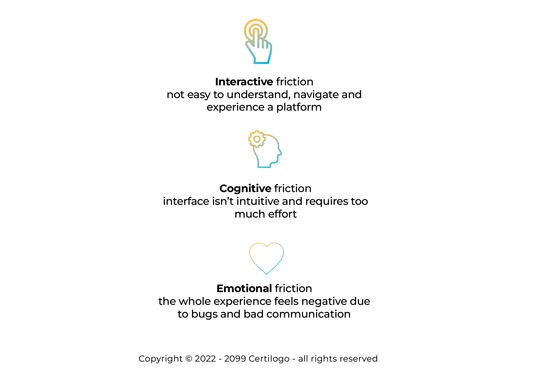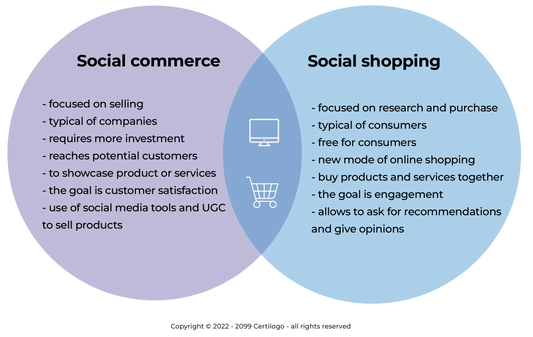Connected product powered resale: 12 benefits of Digital IDs
Products with authentication are worth more
Sustainability, transparency and circularity: the state of play according to the Digital Consumer Behavior 2.0 report
The legislation that means brands must adopt secure product authentication
8 major risks you face if your Digital ID is not secure
[Video] Luxury Summit 2023 - Interview with Michele Casucci: Truly sustainable circularity models
When is the best moment for taking a customer satisfaction survey?
How to set up a frictionless shopping experience
The role of NFTs in creating a phygital shopping experience
Social commerce and social shopping: what are the differences?


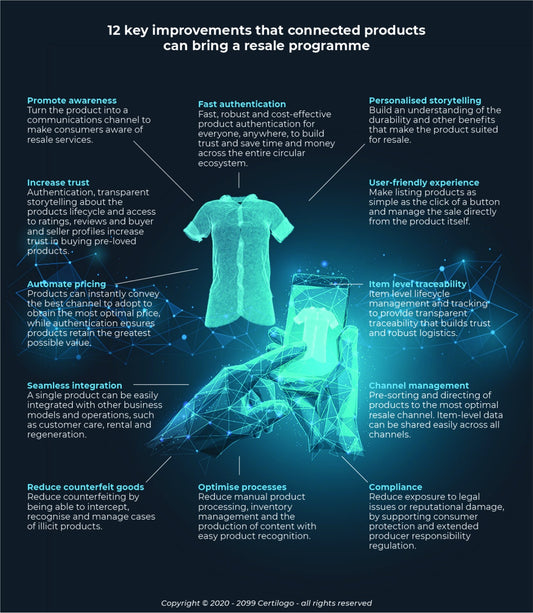
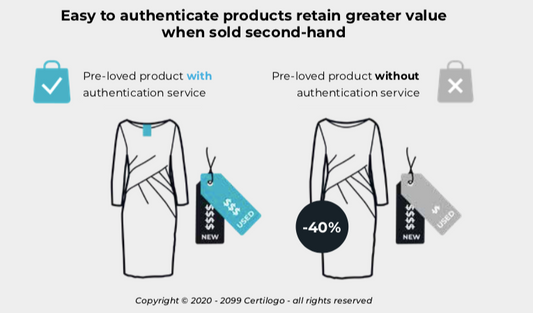
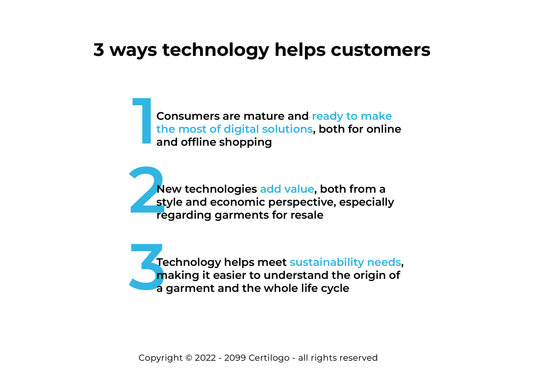
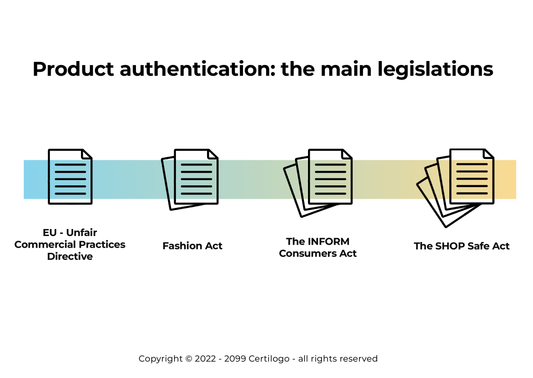
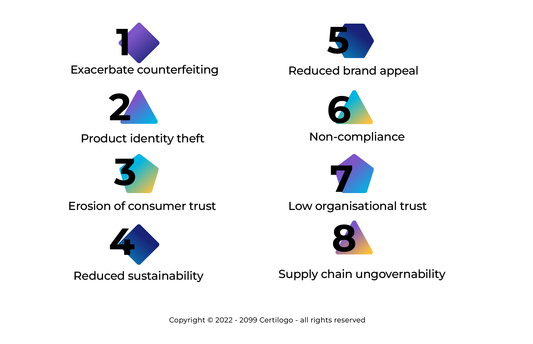
![[Video] Luxury Summit 2023 - Interview with Michele Casucci: Truly sustainable circularity models](http://discover.certilogo.com/cdn/shop/articles/milano-luxury-summit_533x.jpg?v=1684223400)
